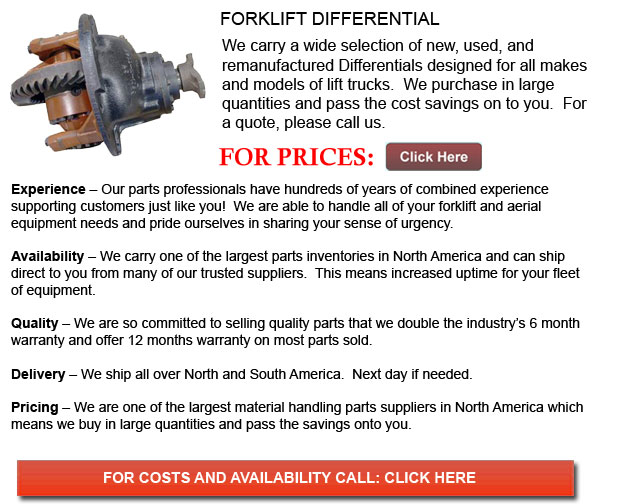
Differential for Forklifts - A mechanical machine which can transmit torque and rotation via three shafts is referred to as a differential. Occasionally but not at all times the differential will utilize gears and would operate in two ways: in vehicles, it receives one input and provides two outputs. The other way a differential works is to put together two inputs so as to produce an output that is the difference, sum or average of the inputs. In wheeled vehicles, the differential enables all tires to rotate at various speeds while providing equal torque to all of them.
The differential is designed to drive a pair of wheels with equal torque while allowing them to rotate at different speeds. While driving around corners, an automobile's wheels rotate at various speeds. Several vehicles like karts function without a differential and make use of an axle as an alternative. Whenever these vehicles are turning corners, both driving wheels are forced to rotate at the identical speed, normally on a common axle which is driven by a simple chain-drive apparatus. The inner wheel must travel a shorter distance than the outer wheel when cornering. Without a differential, the effect is the outer wheel dragging and or the inner wheel spinning. This puts strain on drive train, resulting in unpredictable handling, difficult driving and deterioration to the tires and the roads.
The amount of traction necessary to be able to move the car at whatever given moment depends on the load at that moment. How much friction or drag there is, the car's momentum, the gradient of the road and how heavy the automobile is are all contributing factors. Amongst the less desirable side effects of a traditional differential is that it can limit grip under less than perfect circumstances.
The effect of torque being provided to each and every wheel comes from the transmission, drive axles and engine making use of force against the resistance of that traction on a wheel. Normally, the drive train will provide as much torque as needed except if the load is very high. The limiting element is normally the traction under every wheel. Traction could be defined as the amount of torque which can be generated between the road exterior and the tire, before the wheel begins to slip. The vehicle would be propelled in the intended direction if the torque used to the drive wheels does not go beyond the threshold of traction. If the torque applied to each and every wheel does go beyond the traction threshold then the wheels will spin constantly.
![]() Click to Download the pdf
Click to Download the pdf
Forklift Parts
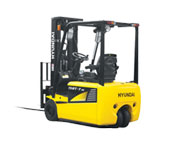
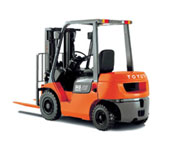

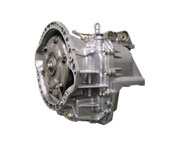
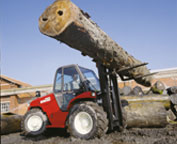
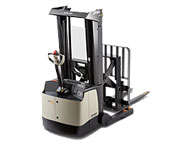
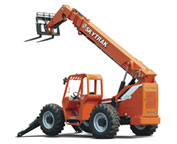
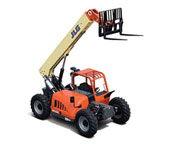
Lift Parts Express
TOLL FREE: 1-888-695-7994
forkliftpartshawaii.com
Email Us
About Us


